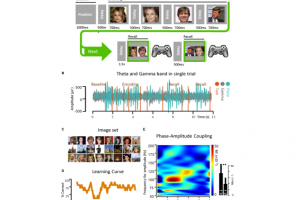Are metaphors embodied? The neural Evidence
Abstract concepts can potentially be represented using metaphorical mappings to concrete domains. This view predicts that when linguistic metaphors are processed, they will invoke sensory-motor simulations.
Abstract concepts can potentially be represented using metaphorical mappings to concrete domains. This view predicts that when linguistic metaphors are processed, they will invoke sensory-motor simulations. In this research, the authors examine evidence from neuroimaging and lesion studies that addresses whether metaphors in language are embodied in this manner. This systematic review shows that if abstract concepts can be understood in terms of analogical or metaphoric mappings with concrete concepts, which do have sensory-motor features, then abstract concepts can be grounded as well.. Given the controversy in this. They conclude that the weight of the evidence suggests that metaphors are indeed grounded in sensory-motor systems. The case of idioms is less clear, and I suggest that they might be grounded in a qualitatively different manner than metaphors at higher levels of the action hierarchy and They could be grounded through more schematic action planning, control, and goal circuits that sit higher in the action hierarchy in the basal ganglia. While metaphors are unlikely to explain all aspects of abstract concept representation, for some specific abstract concepts, there is also nonlinguistic neural evidence for metaphoric conceptual organization.
Desai, R.H. Are metaphors embodied? The neural evidence. Psychological Research (2021).


.jpg)


Related Posts